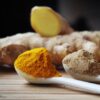Winter got you down? Feed the brain to help your moods.
Some love the winter season. They think of cosying up in warm jumpers and boots and have visions of hot chocolate, log fires and walking through fresh bracing air whilst kicking autumn leaves.
For me, I feel the loss of warmth and bright sunshine. I struggle with nights that start early with no time to enjoy the warm outdoors after working all day. I want summer when there is still so much day ahead of me before I have to be indoors and do the whole night routine. Give me the smell of warm cut grass and fragrant breezes.
Winter makes me sad. For some, this winter sad is really S.A.D. Seasonal Affective Disorder is the name given to a type of mood change that happens around autumn as the days gets shorter and then really kicks into depression during winter. The Winter Blues can be thought of as something that can just be shaken off with a bit of positive thinking and some hard work. But that just dismisses what is considered a real problem. Symptoms are feeling hopeless, just wanting to withdraw, tired all the time and can’t concentrate. Cravings and weight gain just add to it all.
There are ways to fight this off. If symptoms are fairly mild then food could be enough. Here the ones you want to eat every week.
Proteins
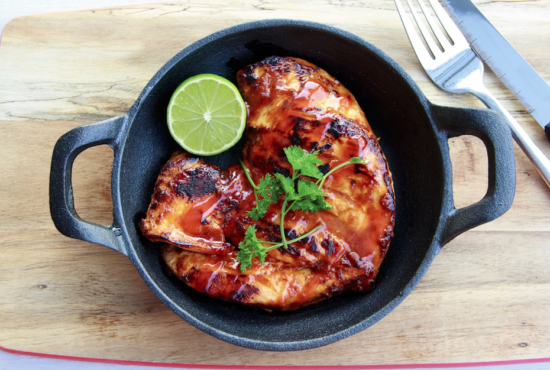
Proteins are made up of amino acids, and these can be rebuilt by the brain like lego pieces into neurotransmitters. When mood is low, the neurotransmitters you probably need more of are:
Serotonin, the happy hormone. Although there is some doubt that lack of this hormone/ neurotransmitter is what drives depression, at the same time, when levels are good it is unlikely that depression gets a hold. And if you don’t have enough, you won’t be able to get those carb cravings under control.
Phenylethylamine Needed for alertness and mental activity. Reduces depression, ADD, fatigue and anxiety. Can also reduce pain especially if it is due to having a low pain threshold.
Dopamine. For motivation, mood and memory. Without it you feel depressed, can’t be bothered (lack motivation) feel mentally exhausted and have dull boring dreams.
Histamine. You might be used to trying to lower it when you have hayfever, but its needed for appetite control, to fight off anxiety, depression or panic and keeps the libido from dipping too low.
GABA. Deficiency will leave you anxious, and prone to insomnia and panic attacks. It could make it hard to fight off alcohol cravings too.
Eat: beef, lamb, chicken, turkey, eggs, fish, legumes and beans (red kidney beans, lentils, chickpeas, cannelini beans, lima beans etc), nuts & seeds, spirulina powder.
Omega 3 fatty acids
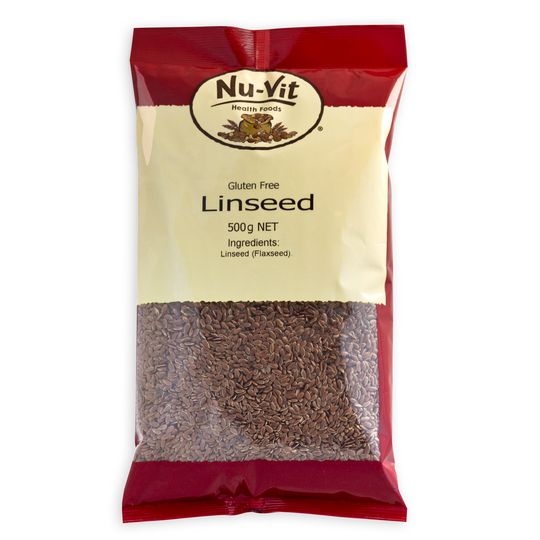
The more of these brain boosting fats that are ready for use by the brain, the more upbeat you will feel. And you’ll have the side benefits of more stable energy and better concentration. There is a strong correlation between the levels of omega 3 fatty acids you have, and the severity of depression. The brain is, after all, mostly made of fatty acids.
Eat: flax seeds (also known as linseeds), flax seed oil, walnuts, salmon (fresh or canned), sardines (canned is fine), mackerel. (canned), herring (canned).
Berries

Stress worsens symptoms of depression, but when you’re depressed you also feel stress more. It’s a vicious cycle! Blueberries, raspberries, and strawberries may help prevent the release of cortisol, a hormone produced during stressful situations, which may mean you will react to annoying situations better.
Watch the sugar
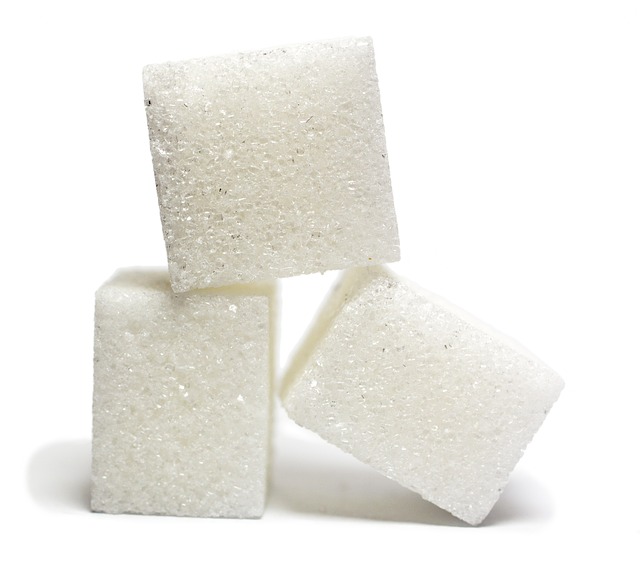
This is more about the sugars hidden in packaged foods. Look at the ingredient list as sugar is not always written as ‘sugar’. Anything ending in –ose means you are getting a type of sugar in that produce. Too much sugar when you don’t have enough omega 3 fatty acids can really slow the brain down.
B vitamins: the greens and grains

B6 is one B vitamin that is known to help with the production of serotonin, and melatonin (to help with sleep). Folate and B12 are other B vitamins needed to support the production of other healthy mood boosting neurotransmitters.
Eat: folic acid in leafy greens, oats, sunflower seeds, oranges, lentils, black-eyed peas, and soybeans. Greens are high in almost all vitamins and minerals but they are particularly high in folate.
Eat: Food sources of vitamin B12 include lean beef, clams, oysters, crab, wild salmon, eggs, cottage cheese and yogurt
Whole grains such as oats and brown rice and buckwheat not only have tryptophan that can be made into serotonin, but also have enough of a carb content to help push that tryptophan into the brain so its on hand for the brain to use. As a bonus they also have B vitamins needed to actually make production happen.
The whole grains also have enough fiber that the sugars are released into your blood stream slowly which keeps moods more stable, than having sugar highs and lows. Brown rice and buckwheat are perfect gluten free grains.
Try some comfort food with a twist – brown rice pudding recipe
Vitamin D
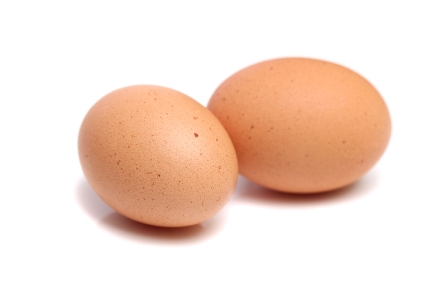
Vitamin D is known as the “sunshine vitamin” because sunlight is needed to help create it in the body, however it’s also a sunshine vitamin because it can help with sunny moods. It’s why people can feel so flat in winter with the loss of constant supply of this nutrient (which is really a hormone, but that’s another story). Ideally throughout summer we get enough Vit D being made to have in storage to get us through winter. But if you haven’t got that supply up, you’ll need help. Light therapy is one treatment that seems to be effective for SAD. Food sources are not high in this nutrient – because it’s really all about the sunshine. So when you’re in the middle of winter and running low, then food is not going to get your levels up quickly enough. A supplement is going to be your best bet.
Eat: Food sources of vitamin D include milk, egg yolks, and fish that have bones.
Dark Chocolate

Who hasn’t soothed the nerves with chocolate before?? I get that some of you don’t even like chocolate but that’s ok, because most chocolate bars are too loaded with sugar and additives to be any use to the brain. For the chocolate lovers here’s some research you’ll like: a 2013 Australian study was done to see the effects of cocoa on mood and concentration. For 30 days participants drank a dark chocolate mixed drink every day. At the end, they noted that they had significantly increased calmness and contentedness, compared to those who had the pretend drink who noticed no change at all. The positive change was only in mood- there was no change in concentration. Researchers put this down to the high polyphenol content in cocoa and suggested that it should be further explored on whether cocoa polyphenols can alleviate the symptoms associated with clinical anxiety or depression.
Want to try this at home? This hot chocolate recipe is like the one my bestie made for me the other day. Sooo good.



